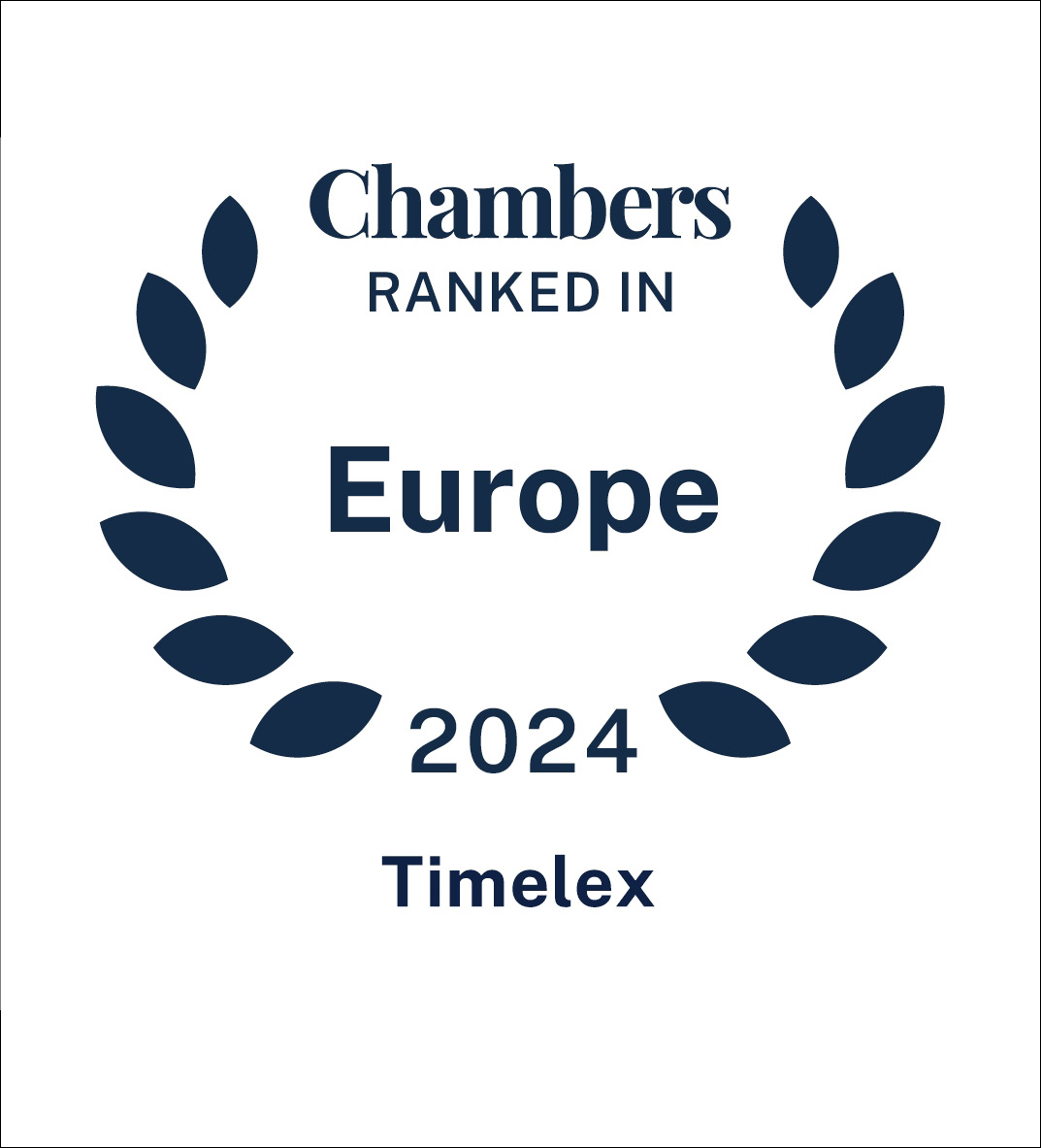Looking for?
Data protection authorities keep new smartglasses in their sights
Smartglasses of Facebook and Ray-Ban: privacy concerns?
Facebook, in partnership with eyewear brand Ray-Ban, launched a first generation of smart sunglasses (smartglasses) on 9 September 2021 that users can use to listen to music, make calls, and take photos and videos with via two nearly invisible cameras. Meanwhile, the Irish and Italian supervisory authorities have raised some concerns about this. We briefly explain them below.
What are smartglasses?
The Ray-Ban Stories looks like normal sunglasses, but appearances can be deceiving. Two cameras are integrated in the frame of the sunglasses with which the user can take photos or videos (of up to 30 seconds). The temples of the sunglasses contain the batteries (which should be able to last a day). The sunglasses can be controlled with a button on one of the temples or by voice commands.
The photos or videos taken are synchronised with a new app, Facebook View. With the Facebook View app, the images can then be shared on various social networks.
In the EU the Ray-Ban Stories is for now only available in Italy. The smart sunglasses are not yet available in Belgium.
Possible privacy concerns
Comparison with the Google Glass from 2012
The Ray-Ban Stories is also somewhat reminiscent of the Google Glass from 2012. That was a kind of glasses with one camera and a screen that was worn on the head (a head-mounted display). The Google Glass from 2012 was intended for the consumer market. Meanwhile, Google has developed a version for the business market. Apart from the privacy objections, the interest turned out to be limited and the Google Glass was not marketed in Belgium.
However, Facebook's Ray-Ban Stories and the 2012 Google Glass are not entirely comparable to each other. Unlike the Google Glass, the Ray-Ban Stories looks like normal sunglasses at first glance and has two cameras instead of one. This would allow the smart sunglasses to take 3D images. In addition, the Ray-Ban Stories also has no head-mounted display like the Google Glass. At the time, that head-mounted display was considered a danger to road safety.
Taking pictures without consent?
Because there are two cameras incorporated into the frame of the smart sunglasses, it is easy to take photos and videos without the knowledge of the person being photographed or filmed. Does this then constitute an infringement of the so-called right to image in Belgium?
Right to image
The right to image consists of two sections. On the one hand, the person photographed or filmed must in principle consent to the taking of these images, and on the other hand, this person must give consent to share these images, for example via social networks (see Article XI.174 of the Belgian Economic Code).
The consent under the first section, namely for the making of images, can be implicit. A person photographed or filmed may give implicit consent by, for example, posing for the camera. But if the camera does not look like a camera, but rather like a pair of sunglasses, to what extent can implicit consent be inferred for taking images, let alone sharing them on social networks?
What do the authorities say?
However, Facebook is aware of the possible privacy concerns and refers to the Ray-Ban Stories privacy microsite for such concerns. This website explains, among other things, that a LEDindicator light on the frame lights up as soon as the cameras are activated.
Concerns of the Irish and Italian authorities
So what are the privacy concerns of the Irish and Italian supervisory authorities? The Irish supervisory authority (i.e. the lead supervisory authority) argues that other devices such as smartphones can also photograph or film others, but then in principle the smartphone is visibly aimed when taking pictures (unless it is done secretly of course). This is different with smart sunglasses. The indicator light is meant to inform others of the activation of the cameras, but the supervisory authorities argue that the indicator light would be too small.
In addition, the supervisory authorities also argue that Facebook has not sufficiently tested whether the indicator light is suitable to achieve its purpose. The objective is that others know the meaning of the indicator light and therefore that they know that they might be photographed or filmed when the indicator light is on. Therefore, the supervisory authorities call upon Facebook to organize an information campaign to inform the public about this.
What will the future bring?
Will we soon be walking around with not just a smartphone and a smartwatch, but also smartglasses? While there was relatively little interest in the Google Glass almost a decade ago, there may be more interest in smart wearables today.
If the Ray-Ban Stories were to become a sales success, it also raises the question of what a second generation of smart sunglasses might look like.
- Could a head-mounted display perhaps be added like the Google Glass from 2012? Because Facebook also owns the VR company Oculus, Facebook might have the technology for this.
- Could the Facebook View app perhaps use automatic facial recognition to link the Facebook profile to the person being photographed or filmed? And would Facebook users be able to object to this?
The Irish and Italian supervisory authorities are not banning the smart sunglasses (yet), but they are keeping an eye on developments. For now, Facebook's smart sunglasses in the EU have only been launched in Italy, but the question is how the other supervisory authorities will react if the Ray-Ban Stories is launched widely.
Timelex Law Firm
Timelex is a leading niche law firm specialised in the legal aspects of information technology (IT), privacy & data protection (GDPR), intellectual property, and media & electronic communications. Every day we strive to match law and innovation.
Do you have a specific question or would you like support in this matter? We are happy to help. In that case, please contact a Timelex attorney.








